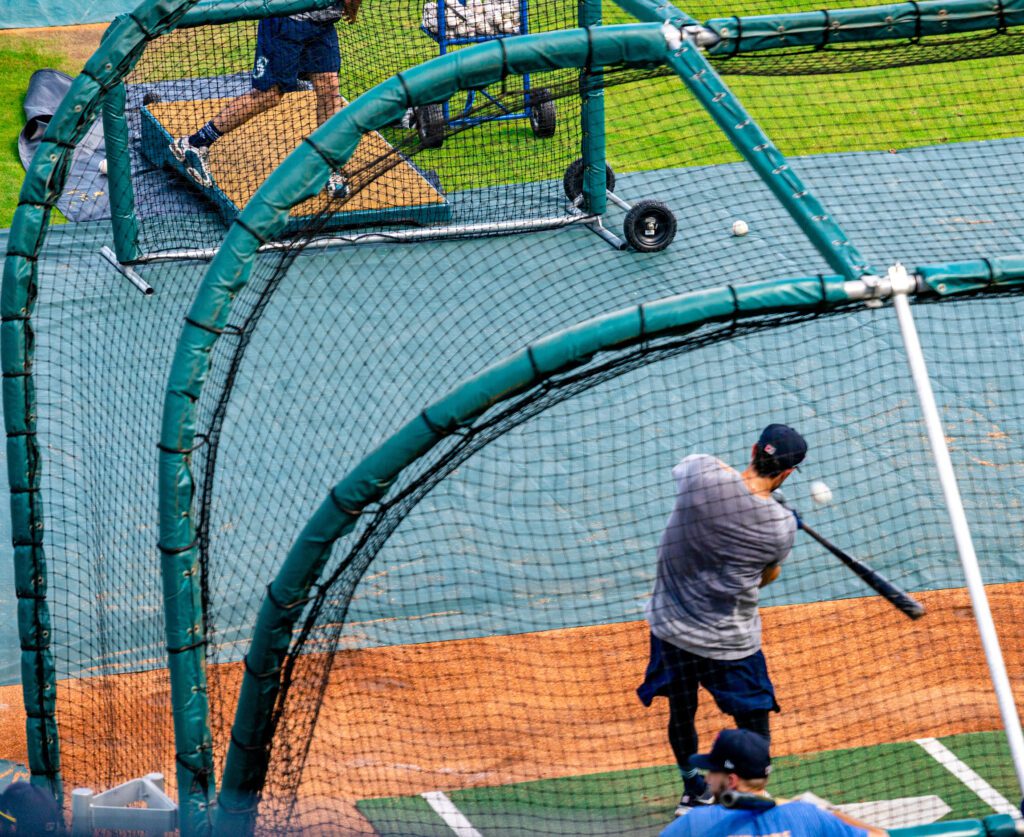Baseball is a detail oriented game that requires a fine attention to detail in training. Focus and intention behind each and every rep in training is essential to ball players finding success at every level.
Most of the errors made by young players can be attributed to a lack of focus and consistency at practice. Athlete’s must be mentally engaged with every drill they partake in, and show intent to get better with every rep. Private lessons offer players the best opportunity to give that required effort, and can really serve as the difference for those seeking dramatic improvement. Many players who only show up to team practices fall behind because they get distracted in the team environment and don’t get individual attention on every rep. Furthering personal effort and accountability to getting better through personal training helps athlete’s to build upon their physical and mental strengths alike.
What are the benefits of personal training for baseball players?
As a coach, I focus personal training on drills that keep players engaged, and I constantly ask them what they felt was done right or wrong on each rep. This helps them better understand what they need to focus on in games or how to correct themselves when they make an error. It is common to see coaches trying to teach and correct their players during games, but it is typically uncommon for that approach to be helpful. Athlete’s are already beating themselves up for making an error in front of an audience, so they are not likely to be very receptive in those moments. Teaching moments are meant for training, and can be best instilled through one-on-one sessions.

Keep training sessions fast paced and engaging with your athletes and you’ll see a huge difference during games. Simplify this complex sport and your players will better translate their training to the field, and, in turn, improve their opportunities for success.
Dillon Mulholland is a gold level baseball coach in Albuquerque, New Mexico. Check out his CoachUp profile here!
How useful was this post?
Click on a star to rate it!
Average rating 5 / 5. Vote count: 3
No votes so far! Be the first to rate this post.





One Response
‘Teach in Practice, Coach in the game’….almost all entire practice should be segmented to work on what you expect in ‘game situation’s…yes, you have to practice to win; if not the answer will be obvious…if you just check your notes as a game progresses, each can/should be addressed in practice…if you can’t practice the way you want to play, you’re wasting your time…